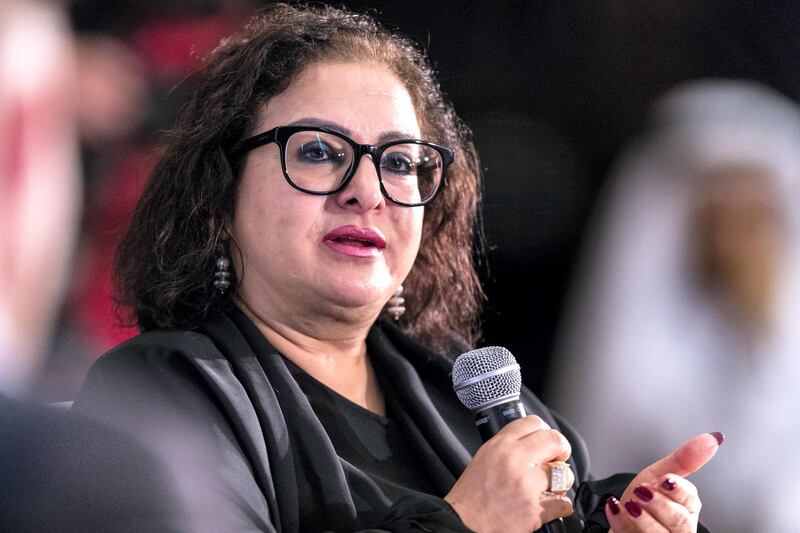Peter Hodgins, an insurance lawyer at Clyde & Co, talks to The National about why better regulation is needed to protect investors in the UAE.
What led to the proposed regulations from the Central Bank and the UAE Insurance Authority (IA)?
The thing that underpins all of this is the suggestion that there has been mis-selling of these kind of products – things that are essentially focused on individuals saving for their future – whether that is an insurance product or a financial product. When both the Central Bank and the IA issued drafts, they indicated they did so on the basis that they’ve received too many complaints from consumers about mis-selling and hence they focus very strongly on the advisory and the intermediary community.
The Central Bank’s draft circular in May said it would not approve requests from banks or finance companies to market or sell savings and investment products. What did that mean exactly?
It was a relatively short circular and it was difficult to determine whether they were saying banks had to stop entirely or whether it only applied to permission from the Central Bank for new arrangements between the insurer and a bank for the sale of a product. It appears to be interpreted in the latter sense, so it is only new arrangements that are prohibited.
The Securities and Commodities Authority (SCA) also introduced regulations this year around the promotion of financial products, such as securities to UAE investors. Can you tell us more about that?
At the start of the year, we saw the introduction of the promotion and introduction regulations – something referred to as the PIRs, which basically deals with the manner in which financial products, both those in the country and those offered by international providers, are promoted to consumers in the country.
How does that protect investors?
It essentially established a licensing regime with two key components: firstly that the entity acting as the promoter be licensed by the SCA; and secondly requiring that the financial product be registered with SCA. So essentially looking at the interface with the consumer and ensuring that there is suitability of products offered and that the people doing the intermediation are suitably qualified to undertake that task.
When did that come into effect?
That hit the statue books early 2017. I’ve seen very little activity in terms of the intermediary community registering with SCA. The challenge in this part of the world is always enforcement and seeing the regulator actively go out to ensure its requirements are satisfied, so there is a weakness there. But anyone wishing to promote a financial product needs to be registered.
Will customers get a better deal in 2018?
Assuming the regulators enforce their regulations then, yes, consumers should be more confident because the regulators are implementing regulations designed to protect them. The Insurance Authority is trying to limit the amount the customer is charged for a product so that more of the premium is invested and they are trying to ensure customers fully understand what it is they are buying.








